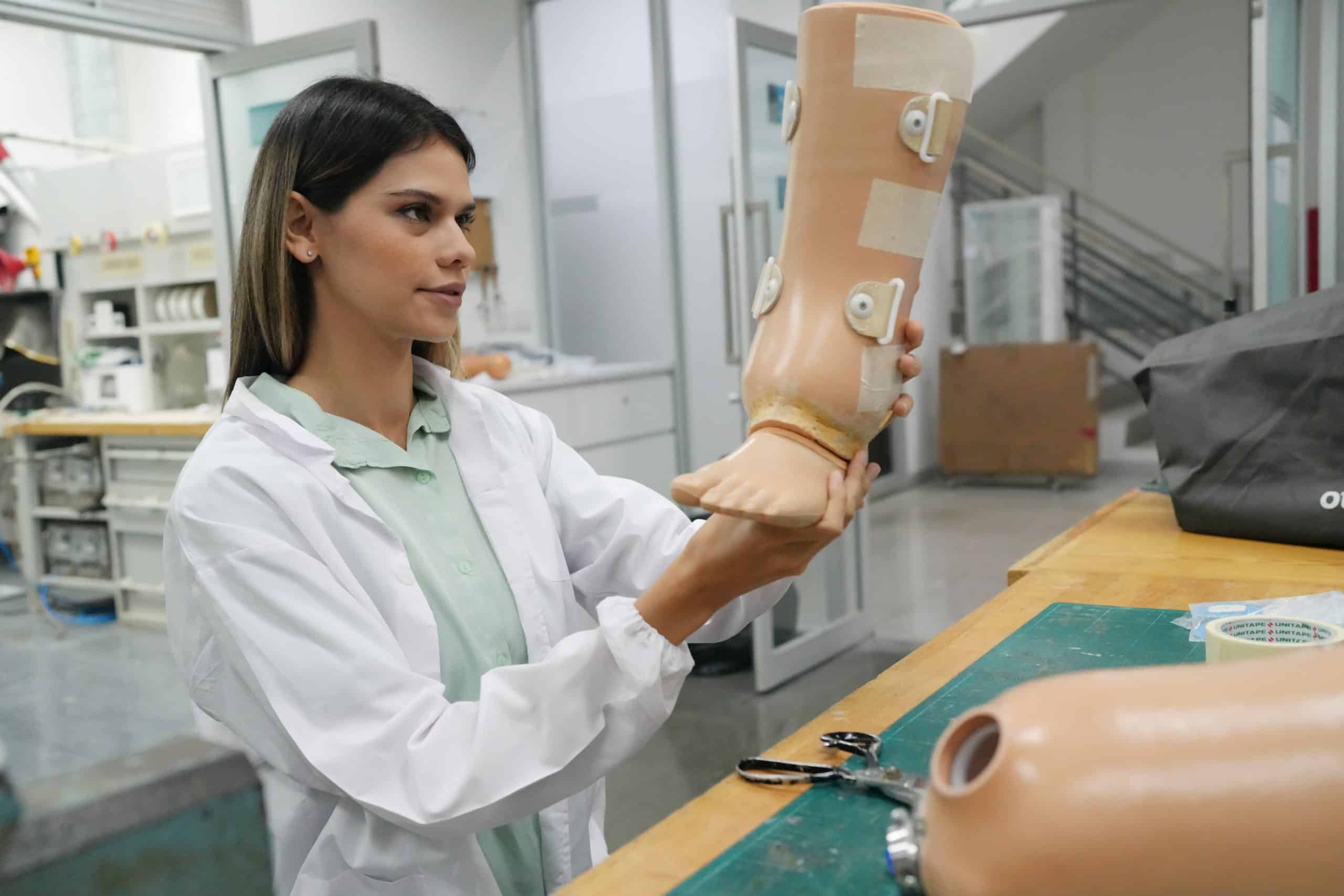(581) 221-5777
Keep in touch
eastwoodpt@outlook.com
Email Us
7919 118 Ave, Edmonton, AB T5B OR5
Get Direction
Keep in touch
Email Us
Get Direction

Custom orthotics function as uniquely crafted inserts for your shoes, designed to address and rectify biomechanical foot complications that could affect your walking, standing, or running. These devices can offer relief from foot discomfort stemming from various medical issues like diabetes, plantar fasciitis, bursitis, and arthritis. Similar to how glasses optimize your vision by correcting alignment, custom orthotics alleviate bodily stress and strain by ensuring your feet maintain proper positioning.
Orthotics are typically employed to alleviate various types of foot pain and discomfort in the ankles, knees, hips, and back. Biomechanical issues like overpronation or over-supination, arch abnormalities like flat feet or high arches, and conditions such as plantar fasciitis or Morton’s neuroma can all be addressed using custom orthotics. These devices can also assist in managing systemic conditions affecting the feet, such as diabetes and rheumatoid arthritis, by redistributing pressure and providing additional cushioning.
Custom orthotics are fabricated specifically for the individual patient based on a comprehensive assessment that includes a detailed biomechanical examination and gait analysis. A cast or 3D scan of the foot creates a unique orthotic that matches the exact contours of the patient’s foot and meets their specific clinical needs. The orthotics are then typically constructed from materials like thermoplastics, cork, or composites, chosen for their flexibility, durability, and support combination.

Custom orthotics are potent in managing foot conditions, enhancing comfort, and improving the overall quality of life. These personalized devices provide precise support and cushioning tailored to your unique foot structure and needs, promoting better foot health and overall well-being. Remember, the key to effective foot care lies in personalized solutions – and custom orthotics deliver precisely that.
If you’re experiencing foot discomfort, struggling with a foot condition, or just want to ensure your feet are getting the support they need, consider the benefits of custom orthotics. Our team at Eastwood Physiotherapy Clinic is ready to assist you. Reach out to us today for a comprehensive evaluation and find out if custom orthotics could be the solution you’ve been looking for. Let’s take the next step together toward improved foot health and mobility.
Welcome to the Eastwood Physiotherapy Clinic in Edmonton. We look forward to working with you to reach your goals in health and well being.
Copyright © 2024 Eastwood Physiotherapy – Developed By Linkbuffer Studios And Research Labs. All Rights Reserved.